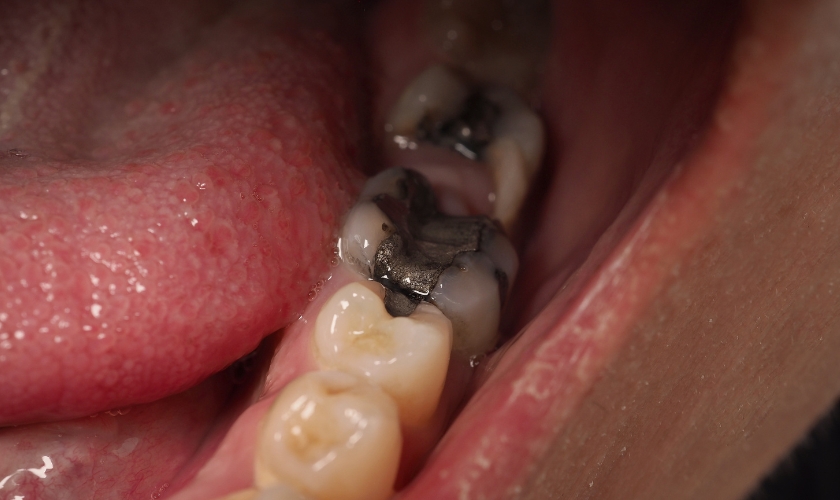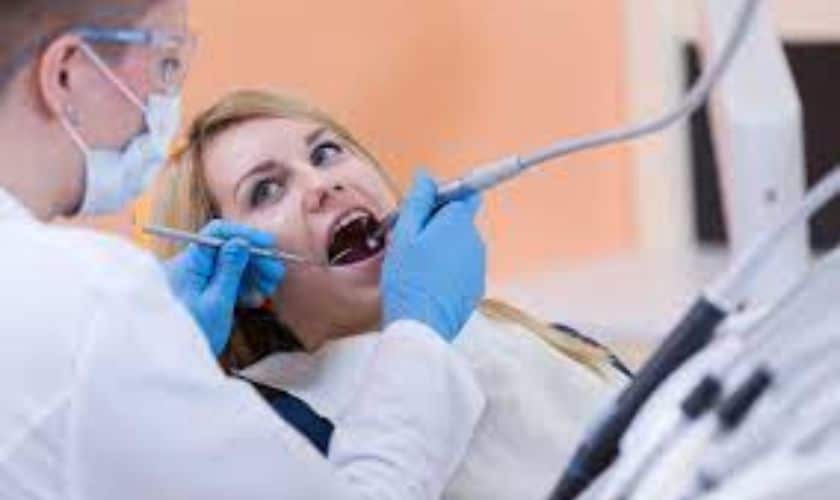Top Family, Cosmetic and Implant Center In 537 Amherst St, Nashua, NH 03063
5 Mandatory Precautions You Must Take After Root Canal
An infected tooth generates problems of acute stiffness, toothache and inflammation within soft core of the cavity. Clinical experts across the world endorse the Root Canal treatment as one of the most effective solutions for putting an end to this dilemma.
In this procedure, the infected pulp (which consists of blood vessels and nerves) is removed to diminish the pain and the discomfort. This healing endeavor appears as the best alternative solution to cure dental infections instead of going for a tooth extraction procedure.
Root Canal has gained the most overwhelming popularity across the global society for resolving dental issues. Nevertheless, aftermath of undergoing this procedure, an individual requires to follow some safety measures, so as to cherish perks of the treatment in the long-run.
In here, we have explained certain measures which are needed to be followed once the treatment is done:
- The prime consequence of this clinical method leads to the alteration and weakening of the very tooth framework. Hence, whether an individual is availing the treatment for one tooth or more, as a ground-norm, the one must get the safety ‘cap’ or crown placed over the treated teeth. At a follow-up process after Root Canal, the crown placing venture is actualized and this prevails to be significant. Without the cap, the teeth might not be protected completely.
- Foods that are hard in texture or crunchy to bite into are required to be avoided. This dwell as a crucial rule to pursue as such foods possess the agonizing trait of hurting the transitory filling utilized for sealing the treated tooth. Only after the tooth has been finally refurbished, anything hard can be consumed.
- Once the Root Canal has been done, the brushing time should be extended, as keeping the healed area optimally clean is a basic necessity. With time and attention, the brushing activity should be conducted and flossing too must be done with good-enough gentleness.
- Since post the treatment, the affected tooth is bound to remain quite tender, no activities of chewing, munching and sipping should be done through the side where it is oriented.
- For any subsequent pain experienced, people are heavily recommended to go only for their dentist prescribed pills.
The above-mentioned tips can speed up the healing period after a root canal. Call Advanced Family Dentistry today at +1 603-821-9046 to know more about the dental treatment and how it is performed. We will give you a clear insight into the procedure.





